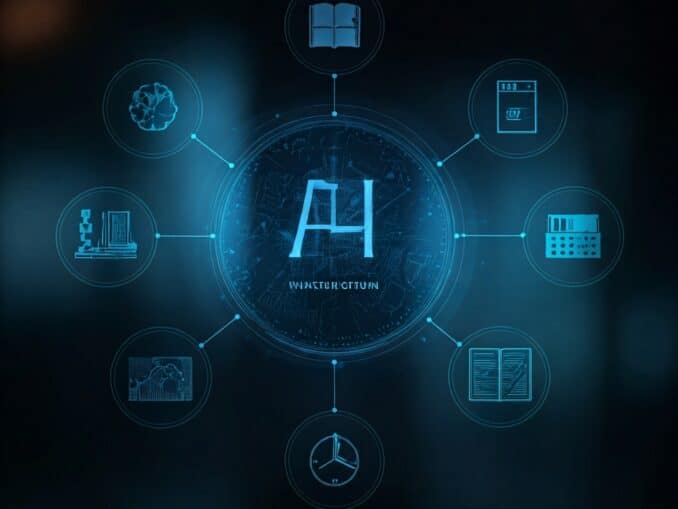Question: A person who used his or her expertise to gain access to other people’s computers to get information illegally or do damage is a-
Answer:
A person who uses their expertise to gain unauthorized access to other people's computers to obtain information illegally or cause harm is commonly referred to as a "hacker" or "cybercriminal."
Hackers are individuals who possess advanced knowledge of computer systems, networks, and security vulnerabilities. While there are different types of hackers, the term "hacker" often refers to those who engage in illegal activities, such as unauthorized intrusion, data theft, or malicious actions.
Here are a few terms associated with different types of hackers:
1. Black Hat Hacker: Also known as a "cracker," a black hat hacker is an individual who uses their skills for malicious purposes. They exploit vulnerabilities in computer systems, networks, or software to gain unauthorized access, steal sensitive information, or cause damage.
2. White Hat Hacker: Also known as an "ethical hacker" or "security researcher," a white hat hacker is an individual who uses their skills to identify and fix security vulnerabilities. They work legally and ethically to improve the security of computer systems, often employed by organizations to conduct penetration testing and vulnerability assessments.
3. Grey Hat Hacker: A grey hat hacker is someone who falls between the black hat and white hat categories. They may engage in unauthorized activities to expose vulnerabilities or inform the affected party, even though their actions are not entirely legal.
4. Script Kiddie: A script kiddie is an individual who lacks advanced technical skills but uses pre-written scripts or tools to launch attacks or gain unauthorized access to computer systems. They typically rely on existing hacking tools and techniques without fully understanding the underlying technology.
It's important to note that hacking, particularly unauthorized access and malicious activities, is illegal and unethical. Ethical hacking, conducted with proper authorization and for legitimate security purposes, is aimed at identifying and mitigating vulnerabilities to enhance overall cybersecurity.
Organizations and individuals should prioritize security measures, such as strong passwords, regular software updates, and security audits, to protect their systems and data from potential cyber threats.
MCQ: A person who used his or her expertise to gain access to other people’s computers to get information illegally or do damage is a-
Explanation:
A person who uses their expertise to gain unauthorized access to other people's computers to obtain information illegally or cause harm is commonly referred to as a "hacker" or "cybercriminal."
Hackers are individuals who possess advanced knowledge of computer systems, networks, and security vulnerabilities. While there are different types of hackers, the term "hacker" often refers to those who engage in illegal activities, such as unauthorized intrusion, data theft, or malicious actions.
Here are a few terms associated with different types of hackers:
1. Black Hat Hacker: Also known as a "cracker," a black hat hacker is an individual who uses their skills for malicious purposes. They exploit vulnerabilities in computer systems, networks, or software to gain unauthorized access, steal sensitive information, or cause damage.
2. White Hat Hacker: Also known as an "ethical hacker" or "security researcher," a white hat hacker is an individual who uses their skills to identify and fix security vulnerabilities. They work legally and ethically to improve the security of computer systems, often employed by organizations to conduct penetration testing and vulnerability assessments.
3. Grey Hat Hacker: A grey hat hacker is someone who falls between the black hat and white hat categories. They may engage in unauthorized activities to expose vulnerabilities or inform the affected party, even though their actions are not entirely legal.
4. Script Kiddie: A script kiddie is an individual who lacks advanced technical skills but uses pre-written scripts or tools to launch attacks or gain unauthorized access to computer systems. They typically rely on existing hacking tools and techniques without fully understanding the underlying technology.
It's important to note that hacking, particularly unauthorized access and malicious activities, is illegal and unethical. Ethical hacking, conducted with proper authorization and for legitimate security purposes, is aimed at identifying and mitigating vulnerabilities to enhance overall cybersecurity.
Organizations and individuals should prioritize security measures, such as strong passwords, regular software updates, and security audits, to protect their systems and data from potential cyber threats.
Discuss a Question
Related Questions
- 1. To access properties of an object, the mouse technique to use is-
- 2. A DVD is an example of a
- 3. The process of transferring files from a computer on the Internet to your computer is called
- 4. ………. is the process of dividing the disk into tracks and sectors.
- 5. Help Menu is available at which button?
- 6. The technology that stores only the essential instructions on a microprocessor chip and thus enhances its speed is referred to as
- 7. Which is not a basic function of a computer?
- 8. ASCII is a coding system that provides
- 9. Which part of the computer is directly involved in executing the instructions of the computer program?
- 10. When a computer is switched on, the booting process performs
You may be interested in:
Computer Basics MCQs






